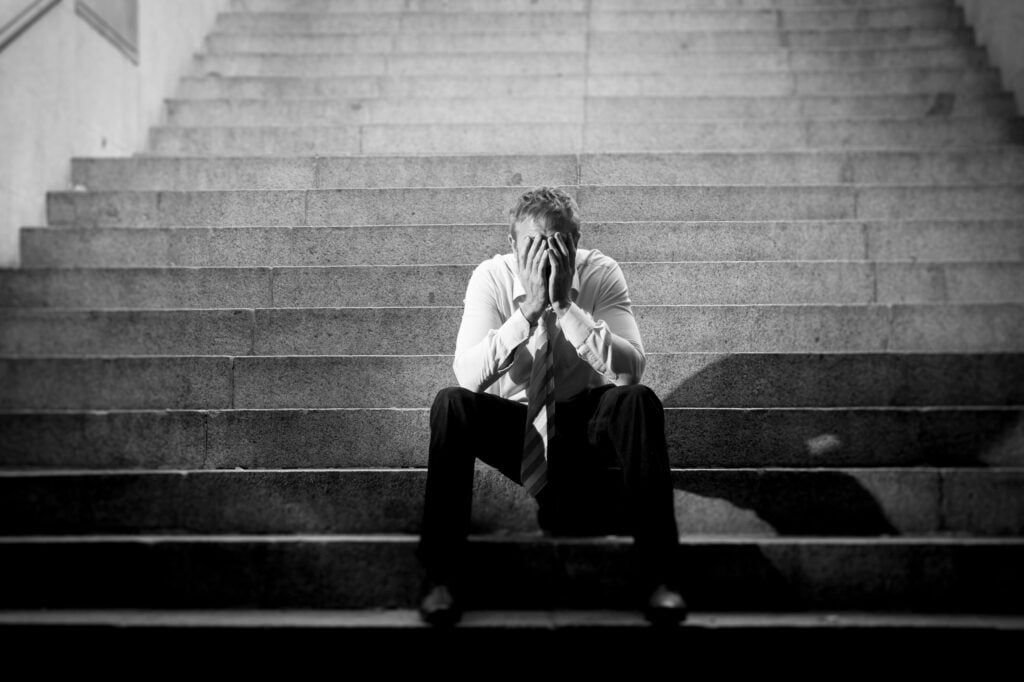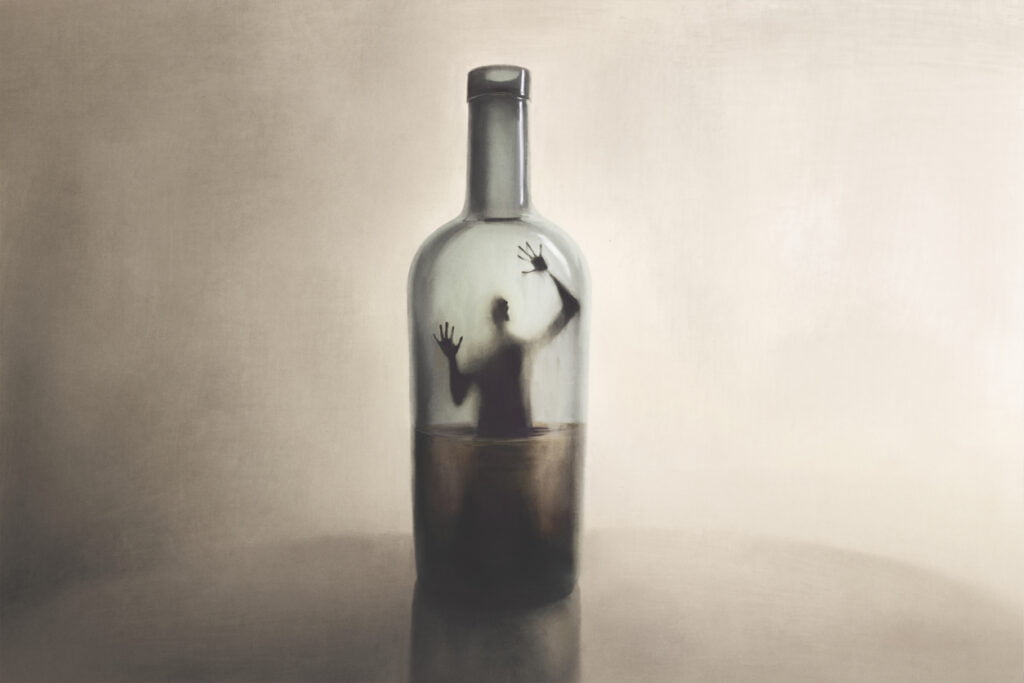Alcohol Addiction

Alcoholism is a disease that affects not only the person drinking, but also their families and loved ones.
Our alcoholism treatment methods are based on the latest research and include individual therapy, group therapy, educational workshops, and support in maintaining sobriety after completing the program.
Alcohol addiction is a complex disorder that can arise from a variety of factors, including genetic, psychological, social, and environmental ones. The addicted individual experiences a strong craving for alcohol, difficulty controlling consumption, tolerance (the need to consume increasingly larger amounts of alcohol to achieve the same effect), and withdrawal symptoms when attempting to stop drinking.
We employ a variety of therapies to help our patients overcome addiction.
The addiction treatment method developed by Lisa M. Najavits, known as “Seeking Safety” (Searching for Safety), is a cognitive behavioral therapy-focused approach. It is designed primarily for individuals with substance use disorders and concurrent trauma-related disorders, such as PTSD (Post-Traumatic Stress Disorder).
This method has been researched extensively and proven effective in improving the psychological functioning of individuals struggling with addictions and traumas, offering practical tools for building a safe and stable future.
Alcohol Addiction Treatment at "Reversed"
Key aspects of this method include:
- Safety as a priority: The central point of therapy is safety – both physical and emotional. It is considered the fundamental step in treating addictions and dealing with trauma.
- Working on the present: The therapy focuses on current issues and practical skills that can help clients deal with daily challenges, instead of delving into the past.
- Integrated treatment: The "Seeking Safety" method combines the treatment of addiction and trauma into one approach, recognizing that both these issues are often linked and must be addressed simultaneously.
- Skill building: The program includes learning specific skills in four areas: coping with trauma, avoiding substances, controlling impulses, and managing emotions.
- Modular structure: The therapy is modular and can be tailored to the individual needs of the client, allowing for flexibility and customization of treatment.
- Avoiding trauma processing: Unlike other forms of trauma-focused therapy, "Seeking Safety" does not focus on processing traumatic memories, which reduces the risk of re-traumatization.

What are the signs of alcohol addiction?
- Memory disorders.
- Extreme mood swings.
- Justifying drinking, e.g., to feel normal, cope with stress, relax.
- Feeling hungover when not drinking.
- Choosing drinking over other duties and commitments.
- Engaging in risky behaviors, such as driving under the influence, casual sex, getting into fights.
- Denying that alcohol misuse is a problem.
- Depression at the prospect of not having access to alcohol.
At "Reversed," alcoholism treatment is divided into several stages:
The first stage of treatment at the “Reversed” clinic focuses on a thorough assessment and diagnosis, which is crucial for developing an effective treatment plan. This process begins with an individual assessment of the patient’s mental and physical health. Specialists from our clinic conduct interviews, questionnaires, and, if necessary, medical examinations to understand the full range of issues the person is facing. Taking into account the history of addiction, the current state of health, and individual needs and expectations, therapists set up a personalized treatment plan. This plan may include various therapeutic methods, pharmacological treatment, and support in solving life problems faced by the patient.
The second stage is an intensive therapy and rehabilitation process aimed at counteracting addiction and supporting the healing process. During this stage, patients participate in intensive therapeutic sessions, both group and individual. Group therapy offers support from people facing similar problems, allowing for experiences and coping strategies to be shared. In contrast, individual sessions provide space to work on personal challenges and goals.An important part of this stage is developing skills to cope with daily difficulties and potential risky situations that could lead to relapse. Therapists assist in identifying and modifying negative patterns of thinking and behavior, which is crucial for lasting change.
The third stage of treatment focuses on providing support after the intensive therapeutic phase has ended. The goal of this stage is to maintain sobriety, prevent relapses, and support the patients’ social integration.
The “Reversed” Clinic offers various support programs, including support group meetings, educational workshops, and sessions with a therapist, aimed at strengthening the skills acquired and ensuring continuity of care. Additionally, patients can receive assistance in terms of vocational and social reintegration, which is essential for building a stable and satisfying life without substances. Regular assessments of mental and physical health, as well as the availability of therapists in case of a crisis, are an integral part of post-treatment support, aimed at quick intervention and assistance in maintaining sobriety


